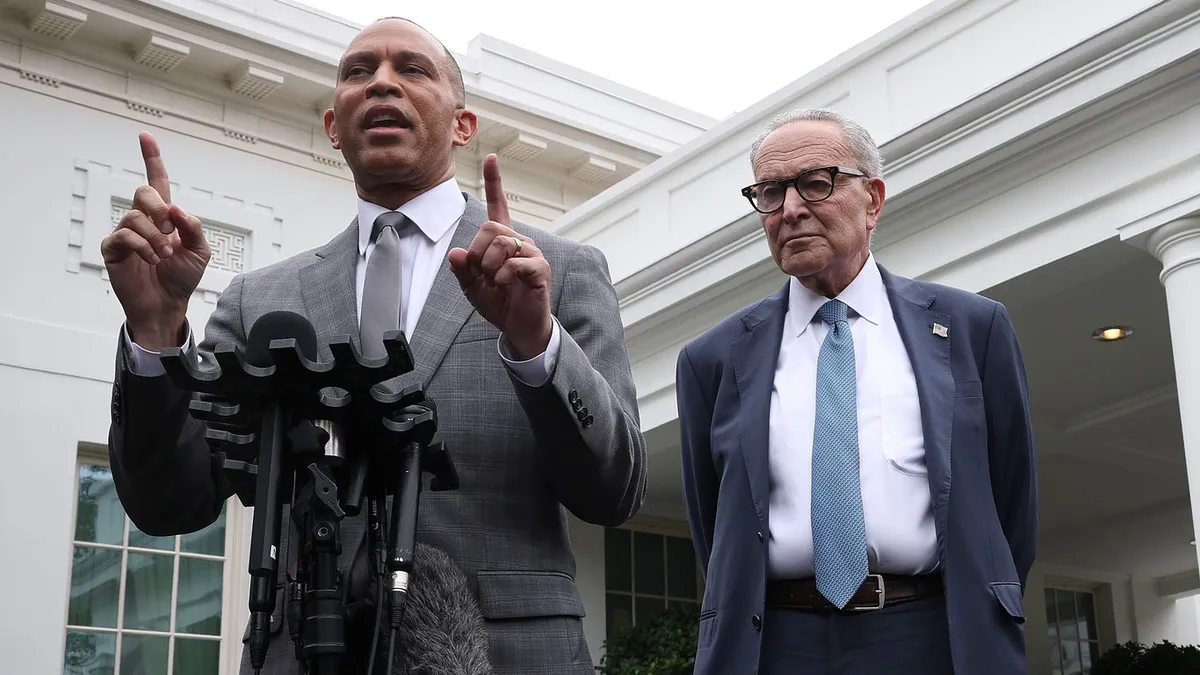
On Monday, Congressional leaders concluded a critical meeting with President Trump at the White House, but emerged without a concrete agreement to avert a looming government shutdown. With less than 24 hours remaining before government funding is set to expire, the urgency of the situation is palpable.
Both Republicans and Democrats are standing firm on their respective positions, complicating negotiations. This stalemate underscores the deep divisions within Congress, which could lead to significant consequences for government operations and services if a compromise is not reached.
The potential for a government shutdown is increasingly likely as time runs out. A shutdown could disrupt essential services, impact federal employees, and create uncertainty for millions of citizens relying on government functions. As negotiations continue, the pressure mounts on both parties to find common ground.
As the clock ticks down, many are watching closely to see if a last-minute breakthrough occurs. The ramifications of a shutdown could have lasting effects on public perception of Congress and its ability to govern effectively. Stakeholders from various sectors are urging leaders to prioritize a resolution to avoid the fallout from a government shutdown.